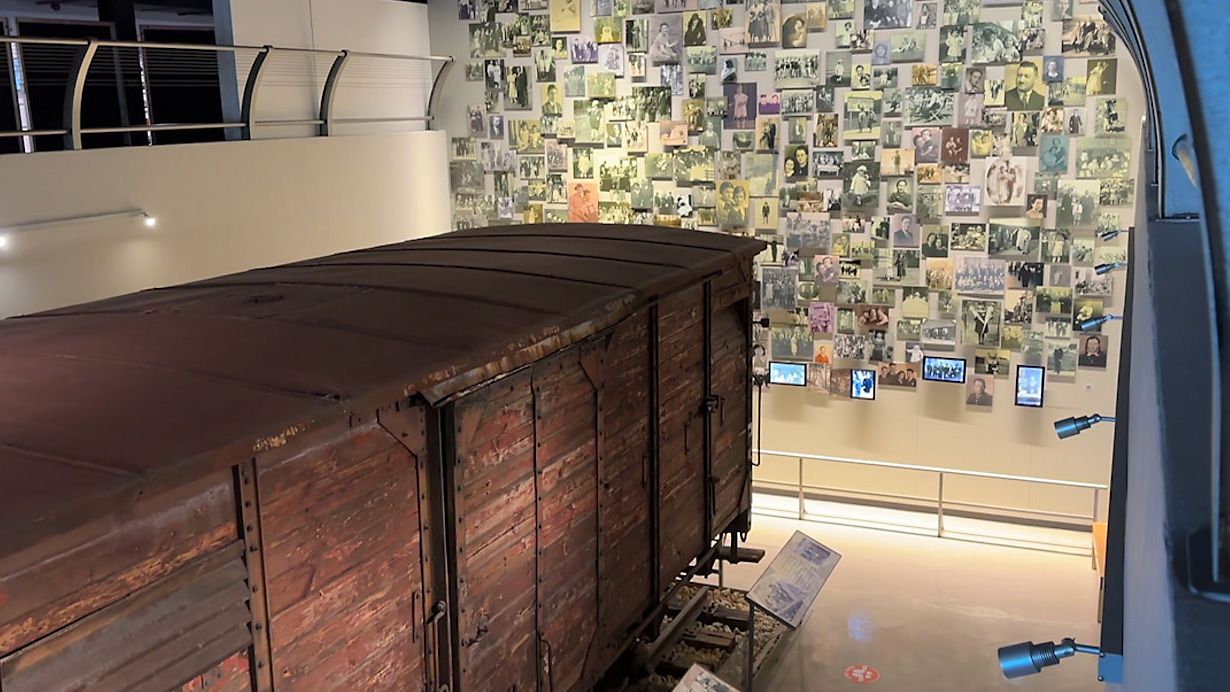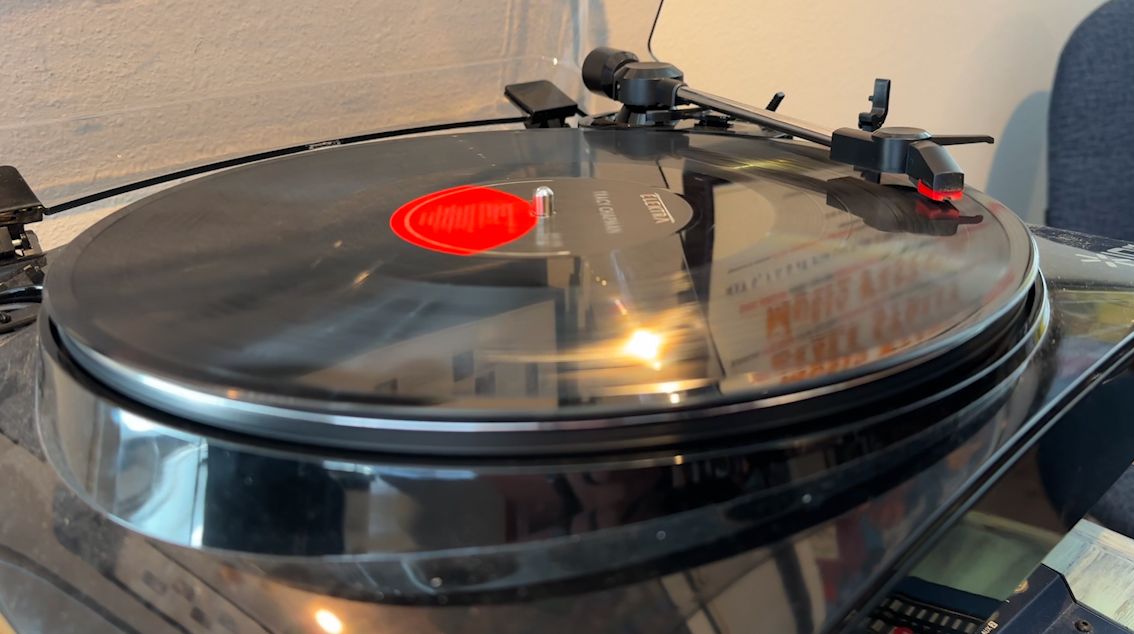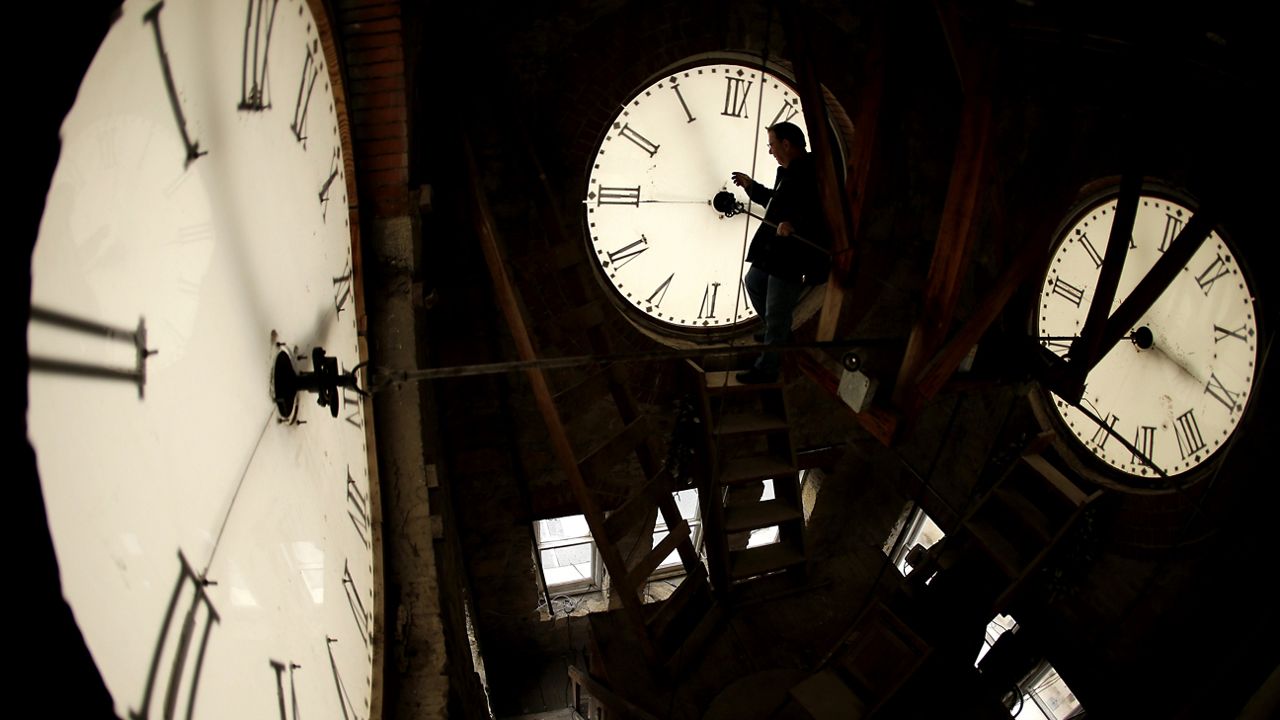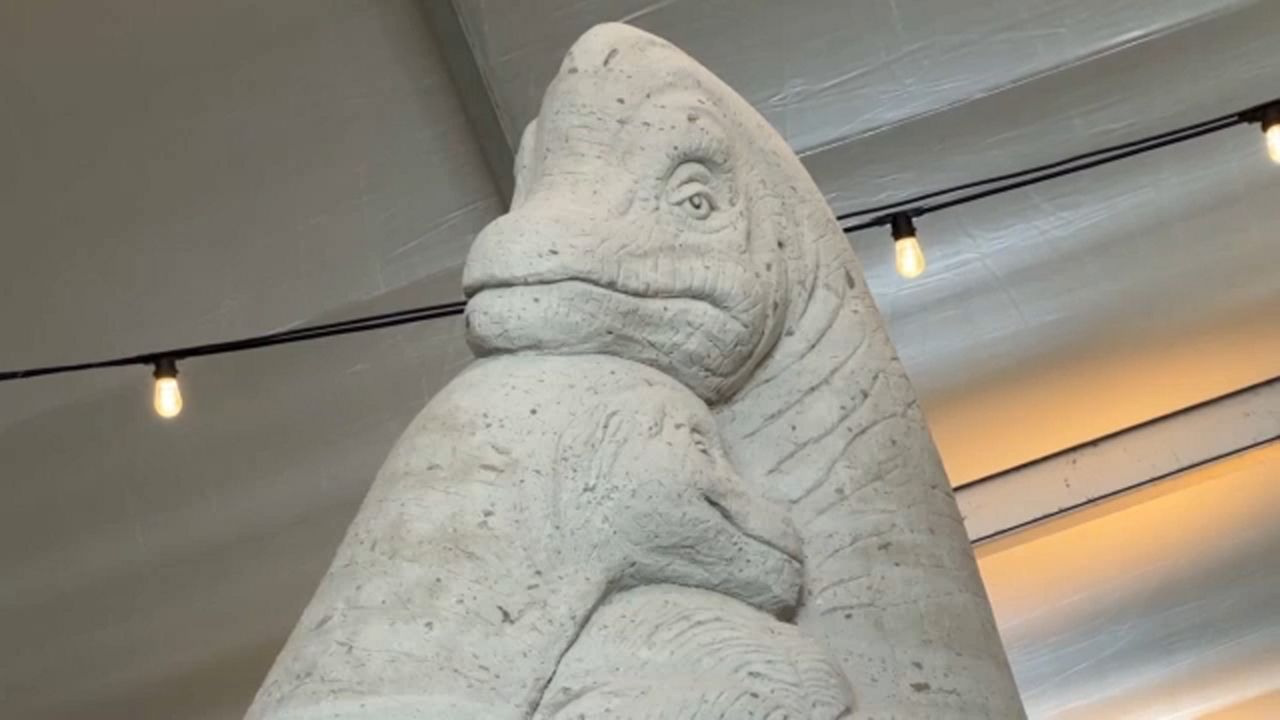ST. PETERSBURG, Fla. — The Florida Holocaust Museum is receiving the personal work of a famed holocaust survivor.
Elie Wiesel was a Nobel Peace Prize winner and a survivor of Auschwitz and Buchenwald concentration camps.
He passed away in 2016 and earlier this month, The Elie Wiesel Foundation For Humanity announced that the museum would get his entire collection.
Michael Igel, the chair of the museum’s board, who is the descendent of several survivors of the holocaust, said showing the stories of how people persevered through persecution, is what makes the museum so important.
“The stories are so effective and it’s such an effective method,” he said.
The museum will soon feature Wiesel’s story through his personal documents.
“The Nobel committee called him the messenger of mankind,” Igel said. “And I always think that, that’s such a perfect way to describe him.”
Powerful quotes from Wiesel are currently featured outside and inside the museum, but his collection will soon join many others at the museum, along with a full recreation of his office.
“It’ll be surrounded by a lot of other artifacts and other sort of activities,” Igel said. “But the centerpiece, so to speak, is going to be a recreation of his office.”
It’s an exciting moment for the museum and Igel because Wiesel has been such an important figure in his life.
“You read almost any of his quotes and you just kind of want to lift a car after you read them,” Igel said.
Since Wiesel was a professor at Eckerd College in St. Pete for about 30 years, they couldn’t have imagined a better place for his records to be kept than the place where he shaped minds for three decades.
“He taught millions and millions of people to know will be part of teaching millions more of all ages,” said Igel. “It’s just it’s the ultimate in victory. It’s what my grandparents were talking about when they said you must get up every day and make a difference.”
With the Anti-Defamation League saying there’s been an unprecedented rise in antisemitism, Igel says this new exhibit couldn’t come at a better time.
Because even though there are pieces of the holocaust’s history throughout this museum, it’s the stories of perseverance and courage that make future exhibits like Wiesel’s a genuine reflection of the survivors.
The museum is currently undergoing some renovations that Igel says will take about two years.
Part of Wiesel’s collection will include unfinished manuscripts, letters to world leaders, along with other personal pictures and recordings.








